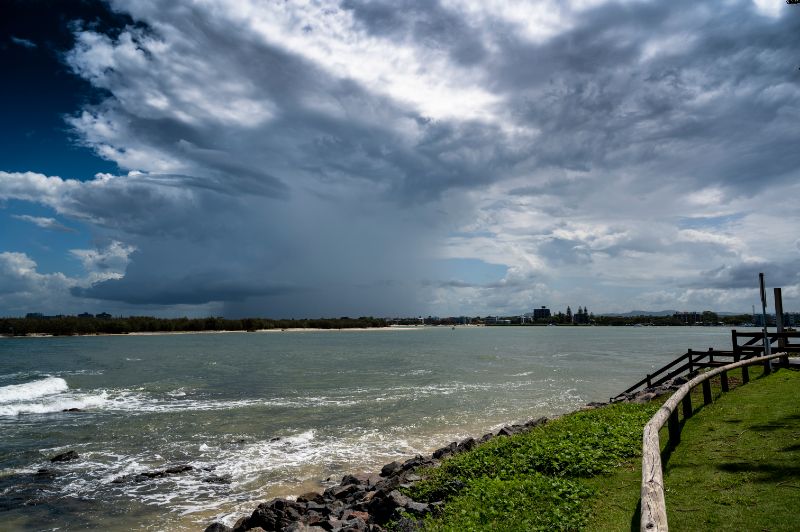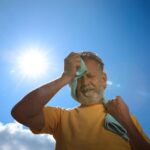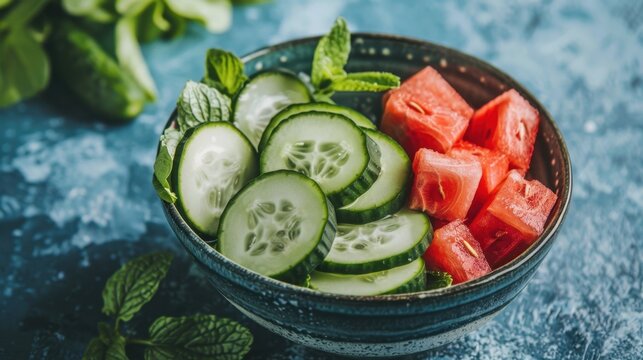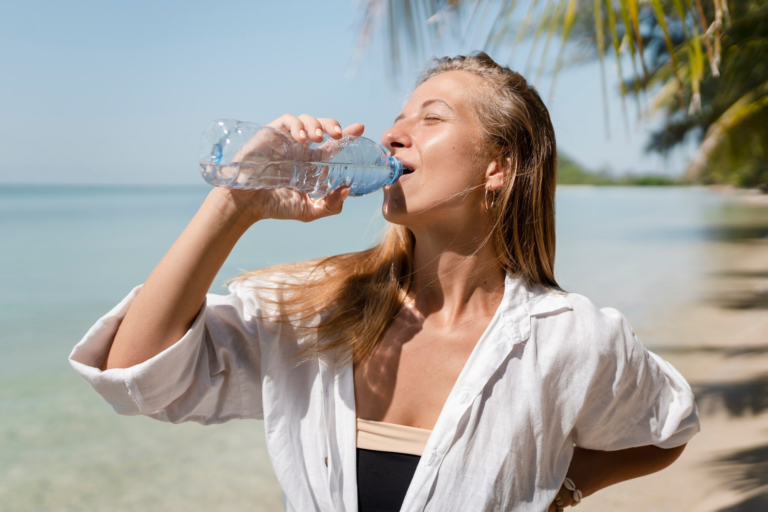As a health and fitness professional, I have had clients who struggle to keep up with their fitness regime during the cooler months. QLD weather in winter poses both challenges and opportunities for the committed active inhabitant. In this blog, I will cover all you need to know about keeping fit over the winter months in Queensland, using the latest QLD weather patterns to help inform your fitness strategy.

Understanding QLD Weather in Winter
Typical Winter Weather Patterns
The QLD weather in winter varies slightly from place to place, but in general, it is mild enough compared to the rest of the world. The average daytime temperatures increase to about 22°C and 11°C at night. Therefore, this causes low humidity and is quite pleasant for outdoor activities. The climate of all the regions, including Brisbane, Gold Coast, Sunshine Coast, and Cairns, is approximately the same—with slight variations.
Regional Differences
Days in Brisbane and the Gold Coast tend to warm up to an average temperature of about 22°C. Other areas like Cairns may be a little warmer, while the Sunshine Coast tends to experience similarly favourable conditions for outdoor exercise year-round.
Benefits of Staying Active During Winter
Boosting Your Immune System
Regular exercise serves to increase your immune resistance, lowering your risk of suffering the misery of winter colds and flu. Exercising regularly in QLD weather also works to the max.
Enhancing Mood and Mental Health
Physical activity increases the release of endorphins, combating the winter blues. So even as the weather in QLD starts cooling down, keeping a regular fitness regime could be very good for your mood and mental health.
Maintaining Consistent Fitness Routine
Winter is a tough season to stay on track, but doing so with your physical activity will prevent winter weight gain and keep you on track with your health goals.
Outdoor Activities Suitable for QLD Weather
Early Morning and Late Afternoon Workouts
QLD weather during winter is perfect for workouts early in the morning or late in the afternoon when it’s cooler—the best time for jogging, running, or cycling. Parks such as Brisbane’s South Bank and Gold Coast’s coastal paths are suitable for these activities.
Beach Workouts
Queensland’s beautiful beaches are not only for summer. Beach workouts can be invigorating in winter. Exercises like running on sand, beach volleyball, or even brisk walking can give you an excellent whole-body workout.
Water Sports
The winter months in Queensland are a reasonable period for surfers, kayakers, or paddleboard lovers. The sea temperatures remain very pleasant, so with the correct gear, one can still stay active. Always check local QLD weather reports to ensure conditions are safe.
Indoor Fitness Options
Gym Workouts
If the weather is less welcoming, inside gym workouts are indeed an alternative. You can stay active and do group fitness classes with strength training, cardio exercises, or spinning or aerobics.
Home Workout Routines
For the indoorsy types, bodyweight exercises, yoga, and Pilates are good enough. There are many variations in workouts available in online fitness programs or apps that you can practice within your living room.
Adapting Your Routine to QLD Weather
Layering Your Workout Clothing
QLD winter weather means layering – the primary layer is the base layer, an insulating layer on top of that, and the outermost layer is breathable, so you can regulate your temperature by peeling off layers.
Staying Hydrated
Hydration is as important in the wintertime as it is in the summertime. But, of course, though you will not feel as thirsty, still, you should drink plenty of water before, during, and after your workouts.
Adjusting Your Workout Intensity
Cooler temperature requires listening to your body’s needs, so avoid overexertion. Start with a thorough warm-up and gradually increase your workout intensity.
Nutrition Tips for Winter Fitness
Eating Seasonal Fruits and Vegetables
QLD weather will take out a variety of seasonal fruits and vegetables that one could extract nutrition from. Savour the taste of local foods like citrus fruits, sweet potatoes, and green leafy veggies.
Importance of a Balanced Diet
Maintain an energy balance through your diet to ensure your body is recovering. You need to eat proteins, carbohydrates, and fats to fuel your fitness goals.
Hydration
Even in the fresher QLD temperatures, it is essential to stay hydrated. Aim to drink at least eight glasses of water daily, and more if you are engaging in vigorous physical activity.
Healthy Snack Ideas
Post-exercise snacks should contain a balance of both protein and carbohydrates; for example, a banana and peanut butter, yoghurt and berries, or a protein smoothie.
Overcoming Common Winter Fitness Challenges
Dealing with a Lack of Motivation
It can be rather complicated to keep motivated in the winter months. That is where setting some reasonable, realistic fitness goals, finding workout buddies, and keeping track of your progress come into play.
Finding Workout Buddies
Going with your friends to work out or joining a group for working out can help keep one on track and make it more fun. Search for local exercise groups that meet regularly.
Setting Realistic Fitness Goals
Set up particular and achievable goals for your winter fitness routine. This can be from keeping a certain number of workouts each week to achieving a new personal best or just the ability to move every day.
Creating a Consistent Workout Schedule
Consistency is key to maintaining your fitness. Plan your workouts ahead of time and stick to a schedule that fits your lifestyle.
Sun Safety During Winter Workouts
Importance of Sunscreen
Even under cooler QLD weather, UV is very high. Always put on sunscreen to protect your skin when doing exercise outdoors.
Wearing Protective Gear
Aside from sunscreen, use a hat and UV-protective clothing to protect yourself from the sun’s rays.
Staying Aware of UV Levels
Look for the daily UV index from your local QLD weather forecast, and then plan your outdoor activity.
Utilizing QLD’s Natural Environment
National Parks and Reserves
Queensland abounds with national parks and reserves ideal for outdoor fitness. Some places, like Springbrook National Park or Lamington National Park, make the best destination for hiking and trail running.
Coastal Paths and Trails
Enjoy a variety of scenic walks, jogs, or bike rides with paths such as the Gold Coast Oceanway or the Sunshine Coast Coastal Pathway.
Local Sports Facilities and Community Centers
Do take advantage of local sports facilities and community centres with indoor courts, swimming pools, and fitness classes.
Mental Health and Wellbeing
Benefits of Exercise for Mental Health
Exercising regularly improves one’s mental health: it decreases stress, enhances sleep, and improves mood.
Mindfulness and Meditation Practices
Incorporating mindfulness and meditation into your fitness routine can enhance your mental wellbeing. Practices like yoga and guided meditation can be particularly beneficial.
Combining Fitness with Relaxation Techniques
Pair your workouts with relaxation techniques, such as deep breathing exercises or stretching, to enhance the benefits for your mind and body.
Conclusion
Stay motivated; it’s hard to do. Ways to help you stay motivated are by setting concrete goals, finding a workout partner, and changing up your routine a bit. Consider the benefits of being physically and mentally healthier from your exercise program.
Additional Resources
- Links to local fitness centres and gyms
- Recommendations for fitness apps and online workout programs
- List of Queensland’s national parks and trails
Stay motivated, stay active, and enjoy the unique beauty and opportunities that QLD










